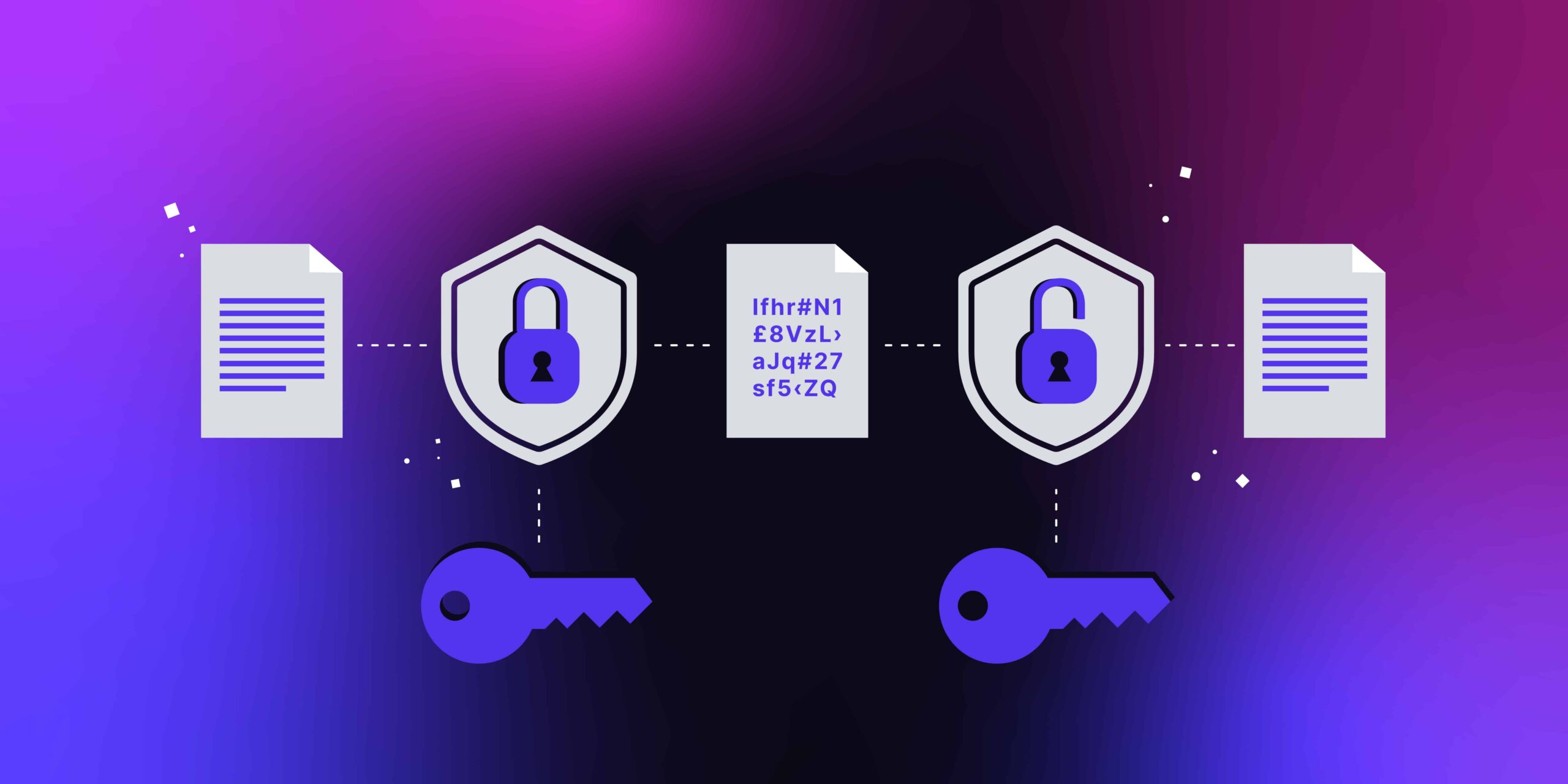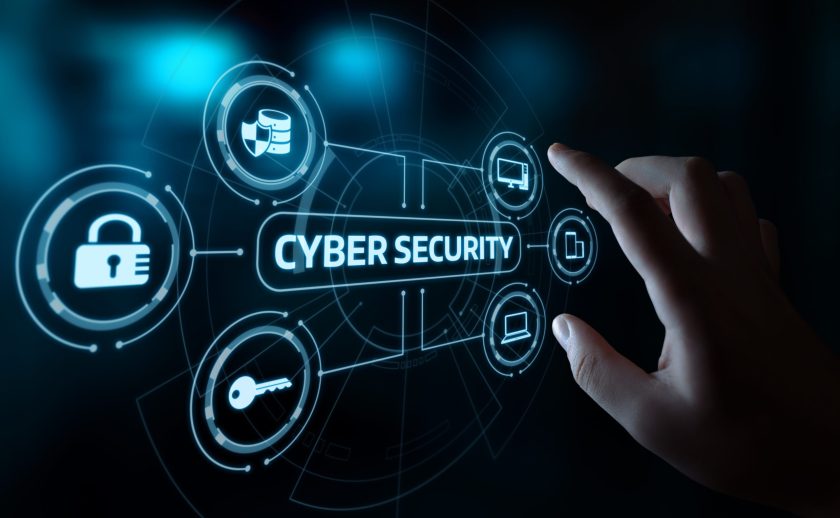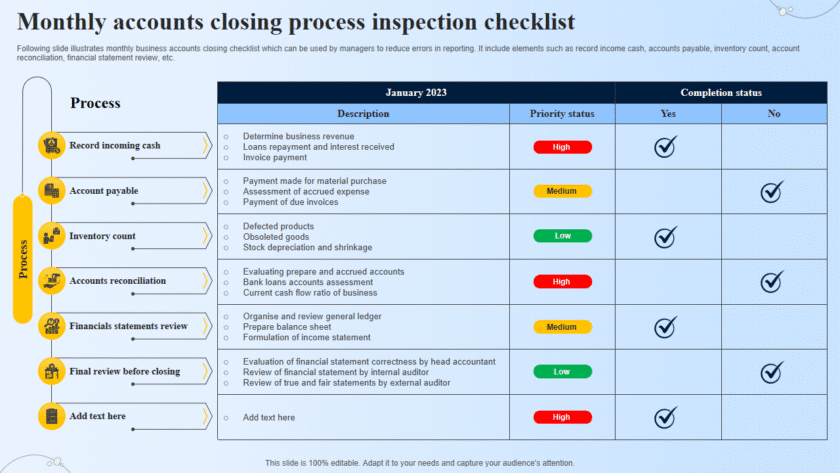🔹 What is Data Encryption?
Encryption is the process of converting readable information (plaintext) into a scrambled form (ciphertext) that can only be accessed with the right key or password.
Think of it as locking your data inside a safe—only someone with the correct key can open it.
🔹 Why Data Encryption is Important
- Protects Your Privacy
- Prevents hackers, ISPs, or snoopers from reading your personal files, emails, or messages.
- Even if attackers steal your data, it will be unreadable without the key.
- Secures Sensitive Information
- Banking details, medical records, and business files are prime targets for cybercriminals.
- Encryption makes them useless to anyone who doesn’t have access.
- Protects Against Device Theft
- If your laptop, phone, or USB drive is lost or stolen, encryption keeps the data safe.
- Compliance with Regulations
- Many industries (finance, healthcare, government) require encryption to protect customer data.
- Avoids fines and legal issues.
- Peace of Mind
- Knowing your data is safe, even if breached, reduces the risk of identity theft or financial loss.
🔹 Real-Life Examples of Why Encryption Matters
- A stolen laptop with unencrypted files can expose thousands of customer records.
- Hackers intercepting unencrypted Wi-Fi traffic can read passwords or credit card numbers.
- Cloud storage without encryption can be accessed by unauthorized insiders.
🔹 Types of Encryption You Can Use
- Full-Disk Encryption
- Protects all files on your device.
- Windows → BitLocker, Mac → FileVault, Mobile → built-in encryption.
- File & Folder Encryption
- Encrypt only sensitive documents.
- Tools: VeraCrypt, AxCrypt, 7-Zip (with AES-256 password protection).
- Communication Encryption
- Messaging apps with end-to-end encryption (WhatsApp, Signal, Telegram Secret Chats).
- Secure email options like ProtonMail.
- Cloud Encryption
- Services like Google Drive/Dropbox encrypt data, but adding your own encryption (Cryptomator, Boxcryptor) adds an extra layer.
🔹 Myths About Encryption
❌ “I don’t need encryption; I have nothing to hide.”
➡ Everyone has data worth protecting: banking info, IDs, personal chats, work documents.
❌ “Encryption slows down my device.”
➡ Modern devices handle encryption efficiently; you won’t notice much difference.
❌ “Only businesses need encryption.”
➡ Everyday users are just as vulnerable to identity theft, ransomware, and data leaks.
🔹 Bottom Line
Encryption is one of the strongest defenses against cybercriminals, data theft, and privacy invasion. It’s like putting a digital lock on your personal and professional life.
👉 If you’re not encrypting your devices and files, you’re leaving the door wide open.






